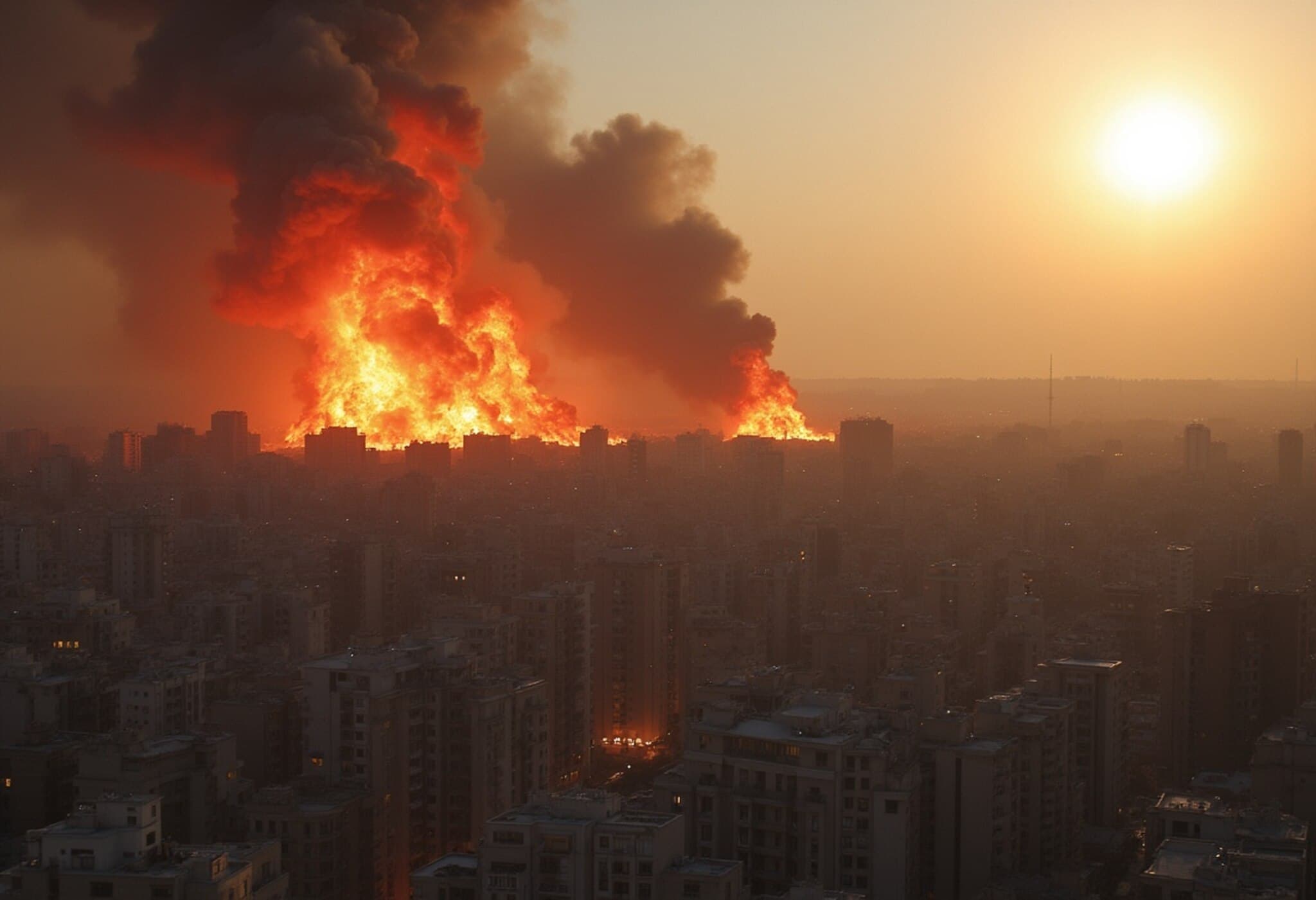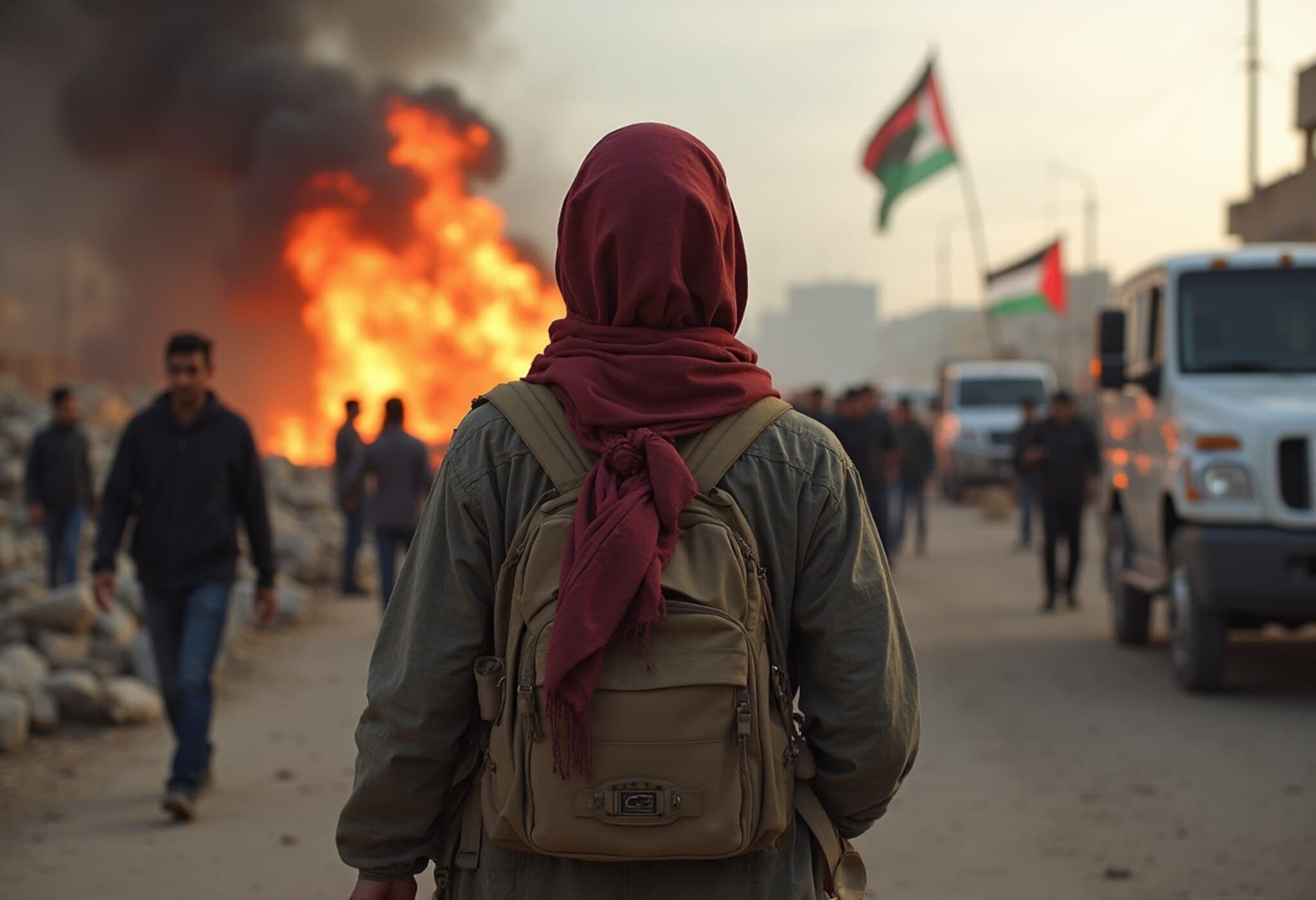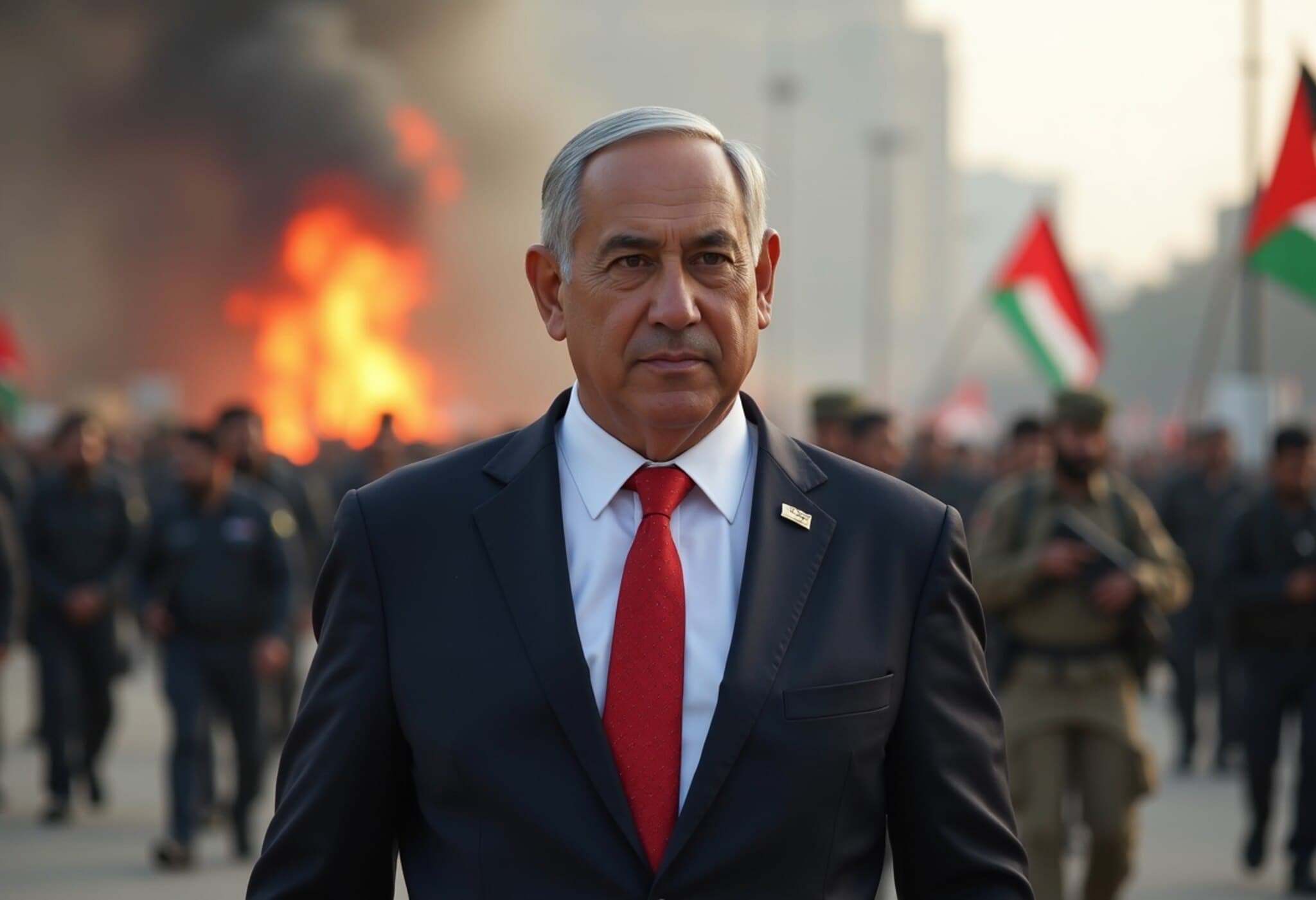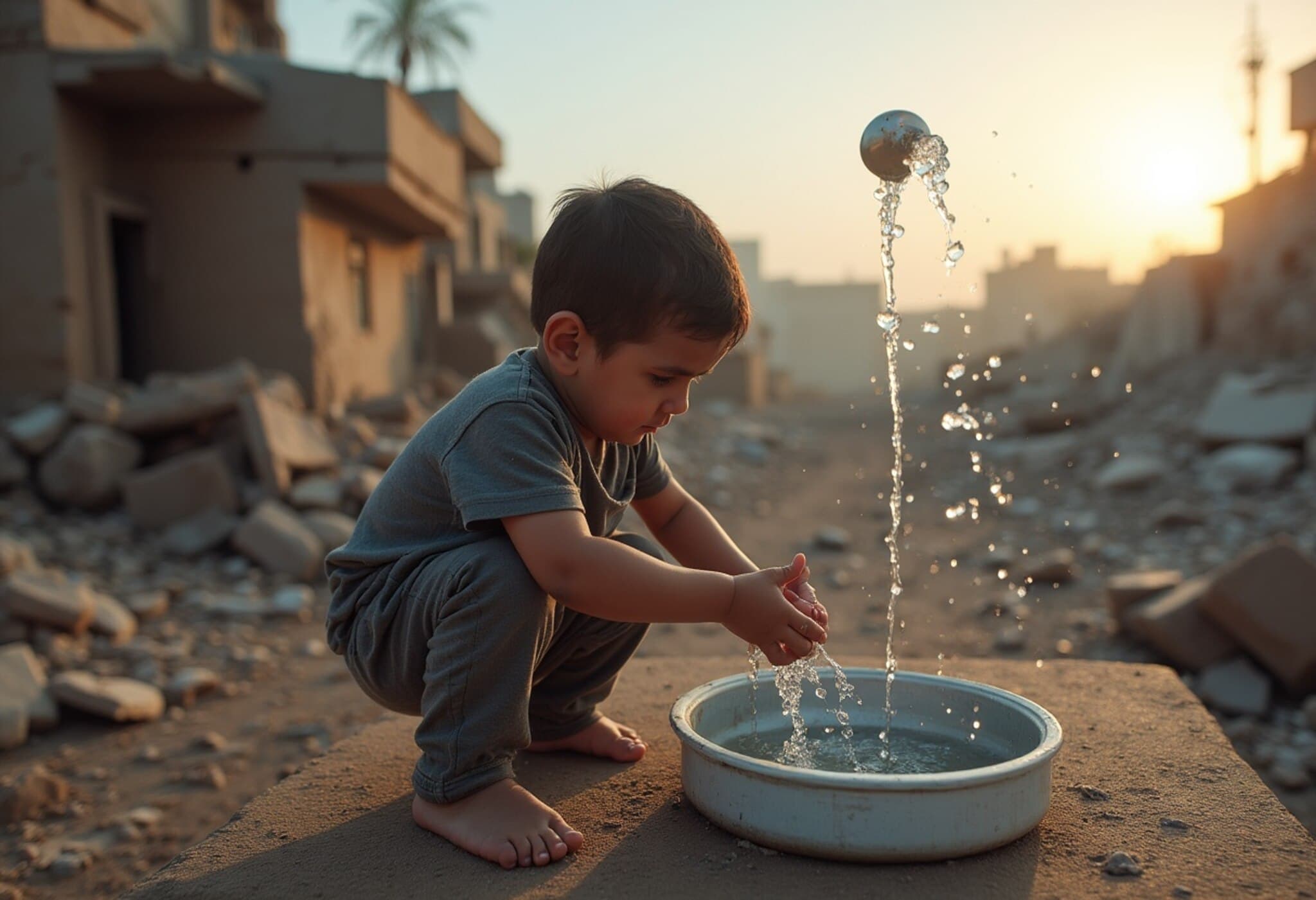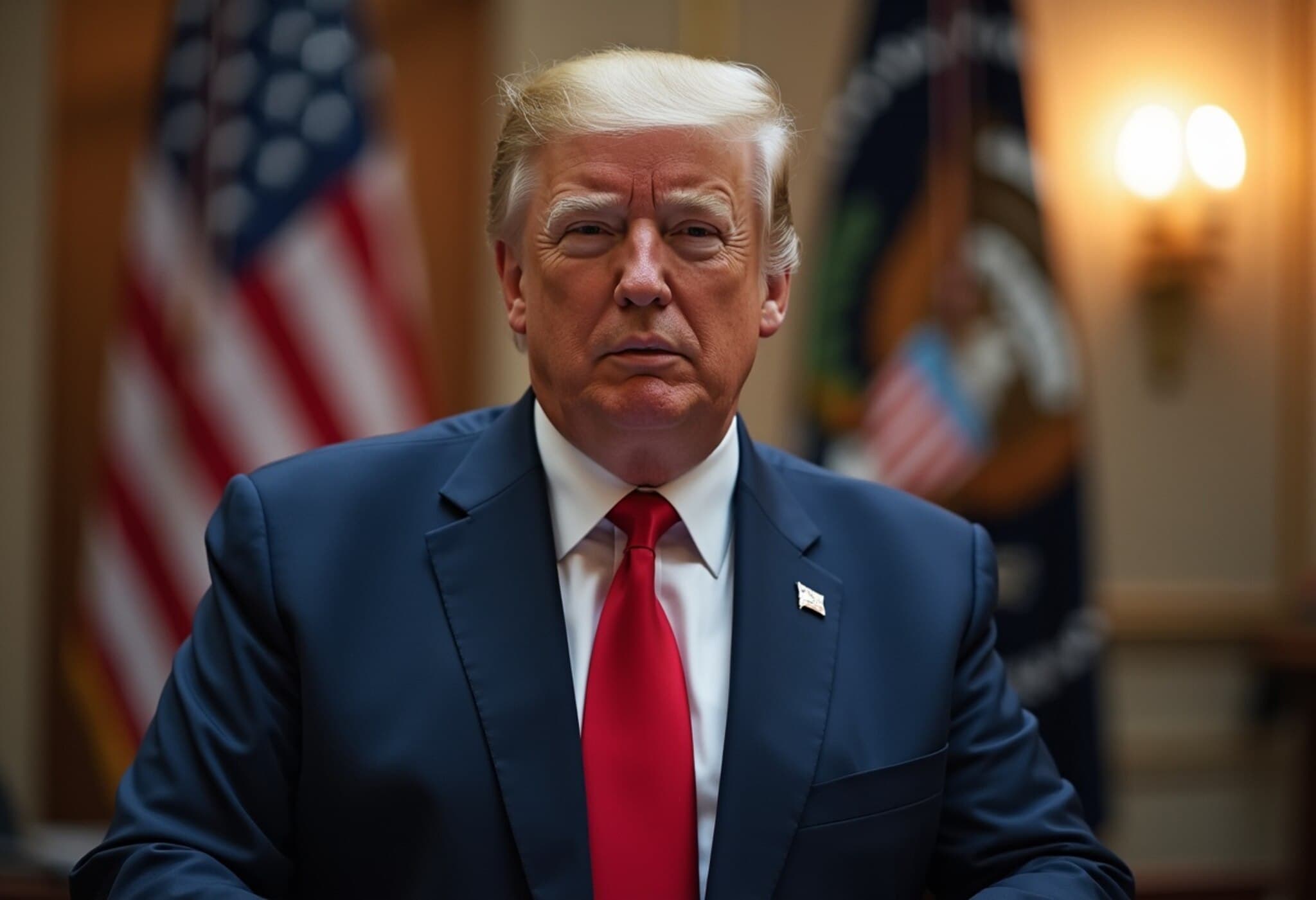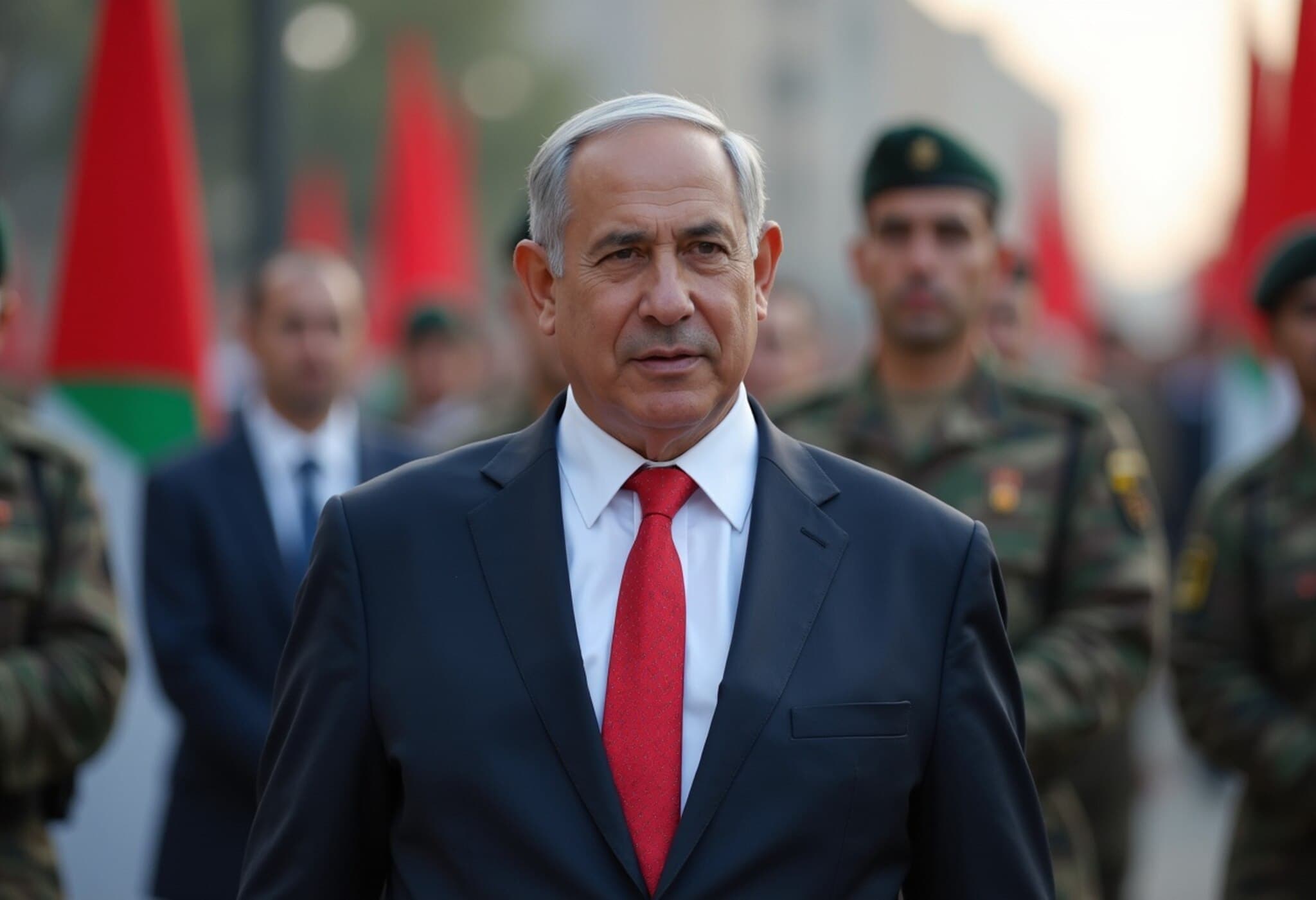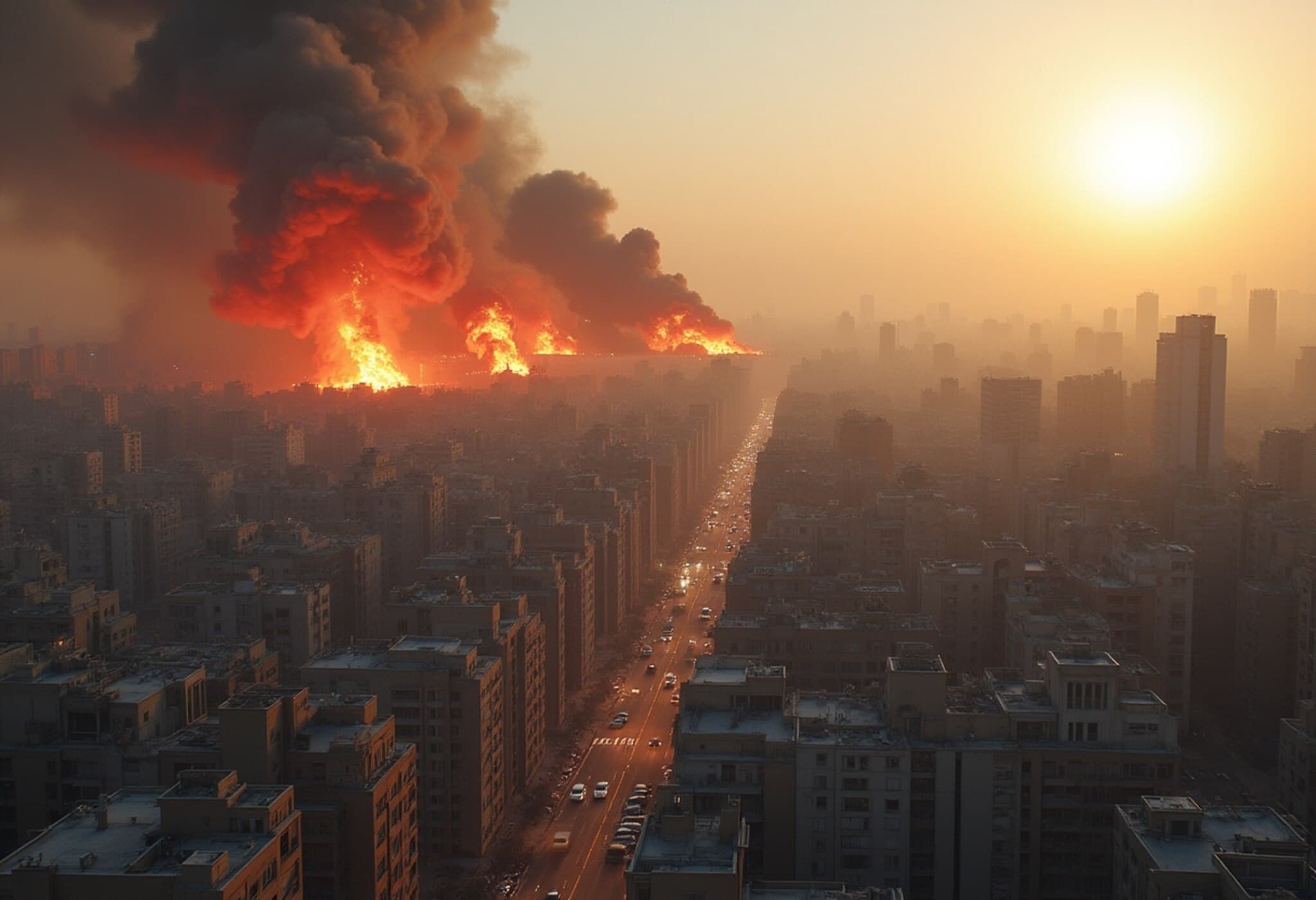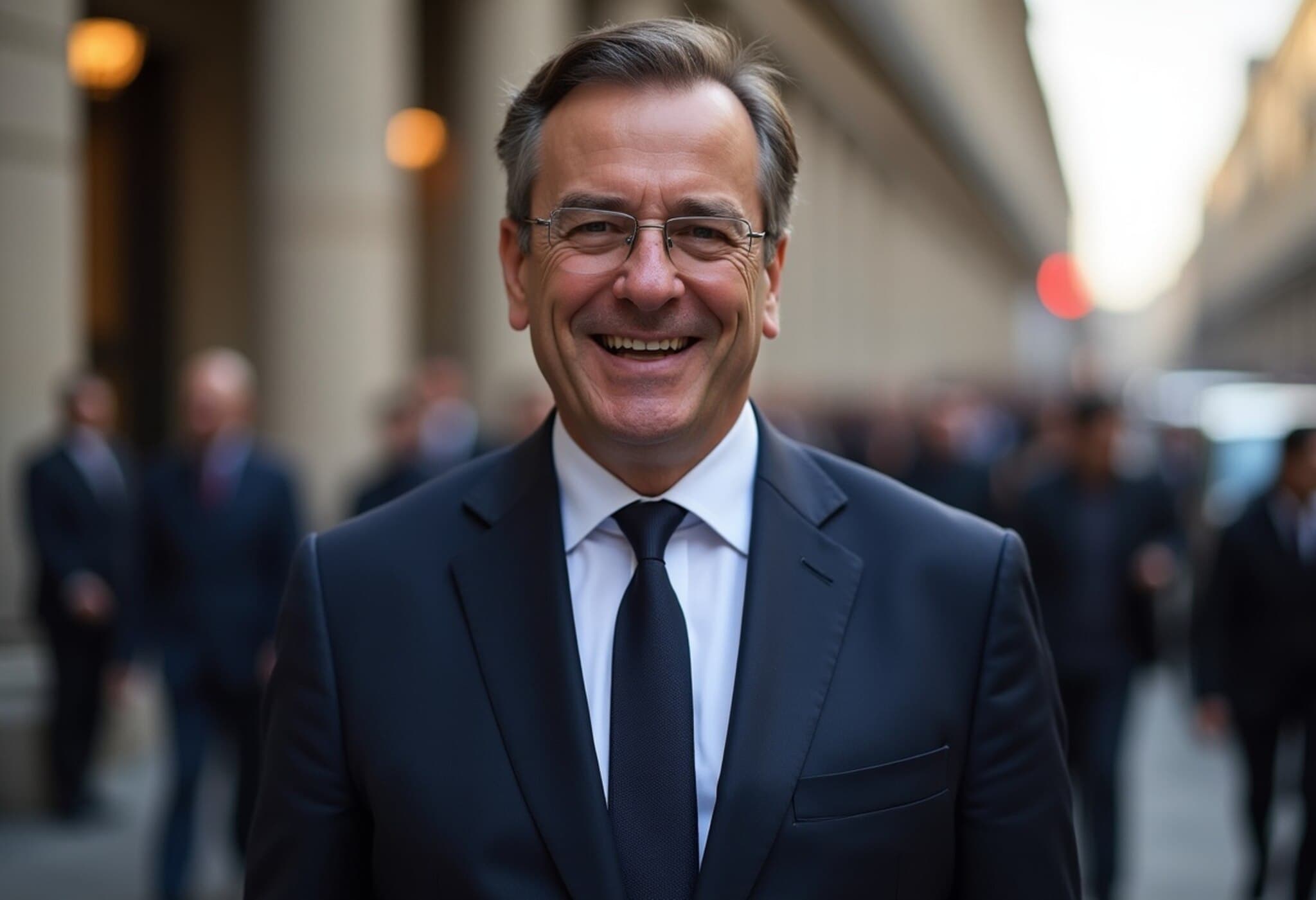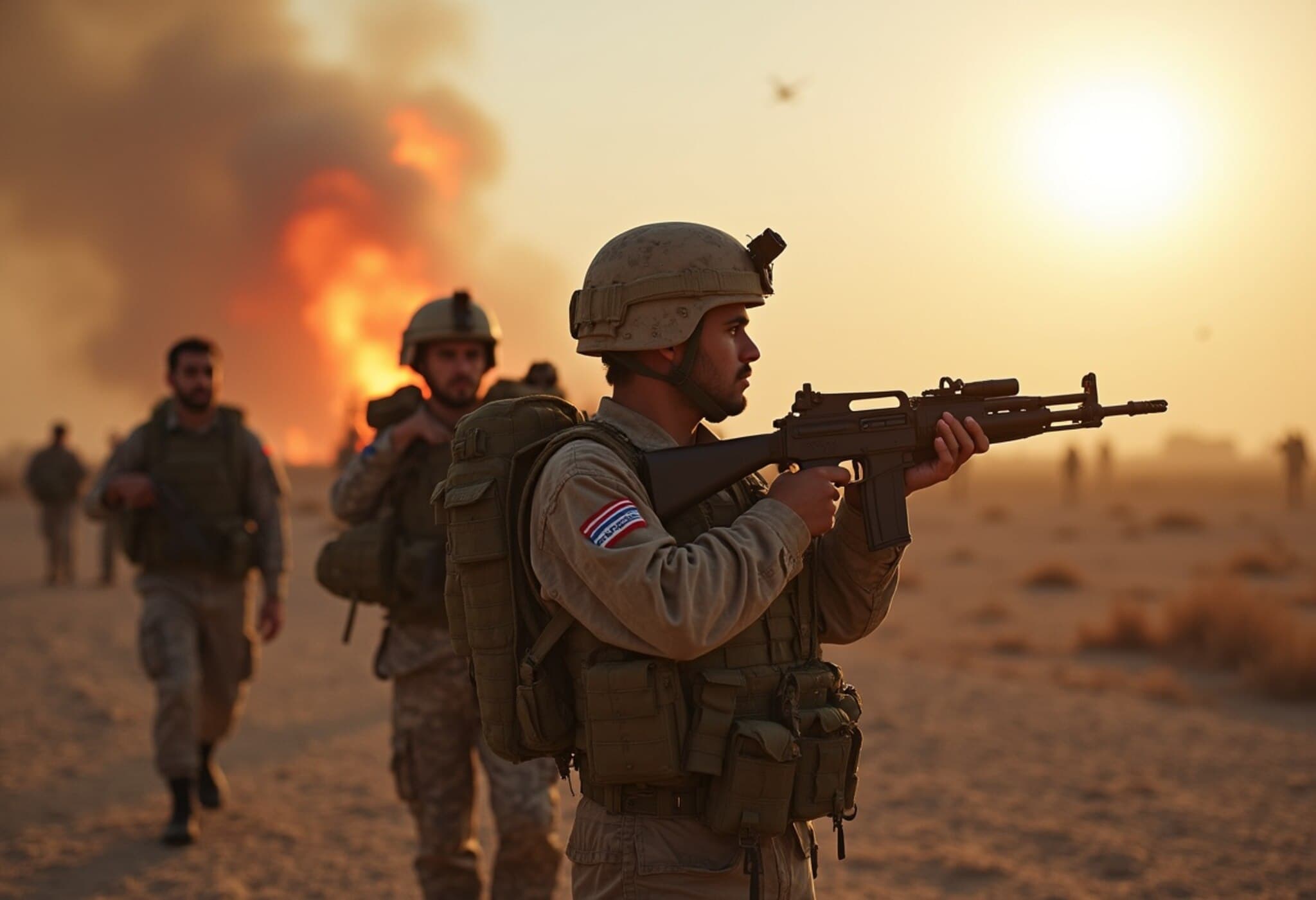Humanitarian Crisis Deepens as Starvation Claims Lives in Gaza
In the past 24 hours, ten Palestinians, including two children, have tragically succumbed to starvation in Gaza, according to the territory's health ministry overseen by Hamas. This heartbreaking development signals the aggravating humanitarian crisis amid the ongoing conflict and siege imposed by Israel.
Pope Urges Immediate Ceasefire and Condemns Collective Punishment
Pope Leo XIV has voiced a solemn plea for a permanent ceasefire, urging all parties to facilitate impartial humanitarian aid and uphold international laws protecting civilians. The pontiff specifically denounced Israel's actions as a form of "collective punishment", highlighting the prohibition under international humanitarian law against indiscriminate violence and forced displacement.
I beg for a permanent ceasefire to be reached, the safe entry of humanitarian aid to be facilitated and humanitarian law to be fully respected — Pope Leo XIV
Famine in Gaza: A Man-Made Catastrophe
Since hostilities intensified and Israel escalated its siege on Gaza, at least 313 deaths from starvation have been recorded, including 119 children, painting a grim picture of escalating food insecurity. Just last week, a United Nations-backed monitoring team officially declared Gaza to be in the throes of famine — the first such declaration in West Asia.
UN aid chief Tom Fletcher described this crisis as "entirely preventable," attributing it to Israel's systematic obstruction of food deliveries into the region. The siege, combined with relentless conflict, has left over 500,000 Gazans facing starvation, destitution, and death — more than half the population.
Expanding Areas Affected and Looming Threats
The famine is already enveloping northern areas like Gaza City and is projected to spread to southern governorates, including Deir el-Balah and Khan Yunis, by the end of September. The number of suffering individuals could rise to nearly 641,000 people, affecting almost two-thirds of Gaza's population.
- Food and essential supplies remain blocked by the siege.
- Health infrastructure overwhelmed amid ongoing violence.
- International calls for aid face logistical and political hurdles.
Israel’s Military Offensives Continue Despite Global Outcry
Despite mounting international calls for a ceasefire, Israel’s military push continues with reported tank movements into Gaza City outskirts. The Gaza Health Ministry reports that at least 76 Palestinians have died in Israeli strikes over the past day, adding to the already devastating human toll.
The conflict's relentless cycle of violence raises profound questions about the proportionality of military action and the protection of civilian life under international law, themes echoed by global humanitarian advocates.
International Diplomatic Moves and U.S. Involvement
On the diplomatic front, former U.S. President Donald Trump recently hosted a high-profile meeting involving former British Prime Minister Tony Blair and ex-White House adviser Jared Kushner. The gathering focused on humanitarian aid strategies, managing hostage situations, and planning for Gaza’s post-war reconstruction. However, concrete outcomes remain to be seen amid deeply polarized perspectives on the conflict.
Expert Insights: Understanding the Larger Implications
The famine and starvation crisis in Gaza is not merely a consequence of military conflict; it underscores the devastating impact of prolonged siege tactics in densely populated urban territories. Experts warn that the sustainable resolution of such crises demands a multifaceted approach—balancing security concerns with urgent humanitarian imperatives.
For American policymakers, the ongoing Gaza siege raises complex questions regarding the United States’ role in mediating peace, ensuring humanitarian access, and aligning foreign aid policies with international human rights standards.
Looking Ahead: The Urgency for Humanitarian Access and Peace
The tragic deaths from hunger signal an urgent warning: without swift, coordinated international intervention to restore aid pathways and a ceasefire, the humanitarian toll will mount further. The voices of civilians trapped in Gaza must not be drowned out by geopolitical agendas.


